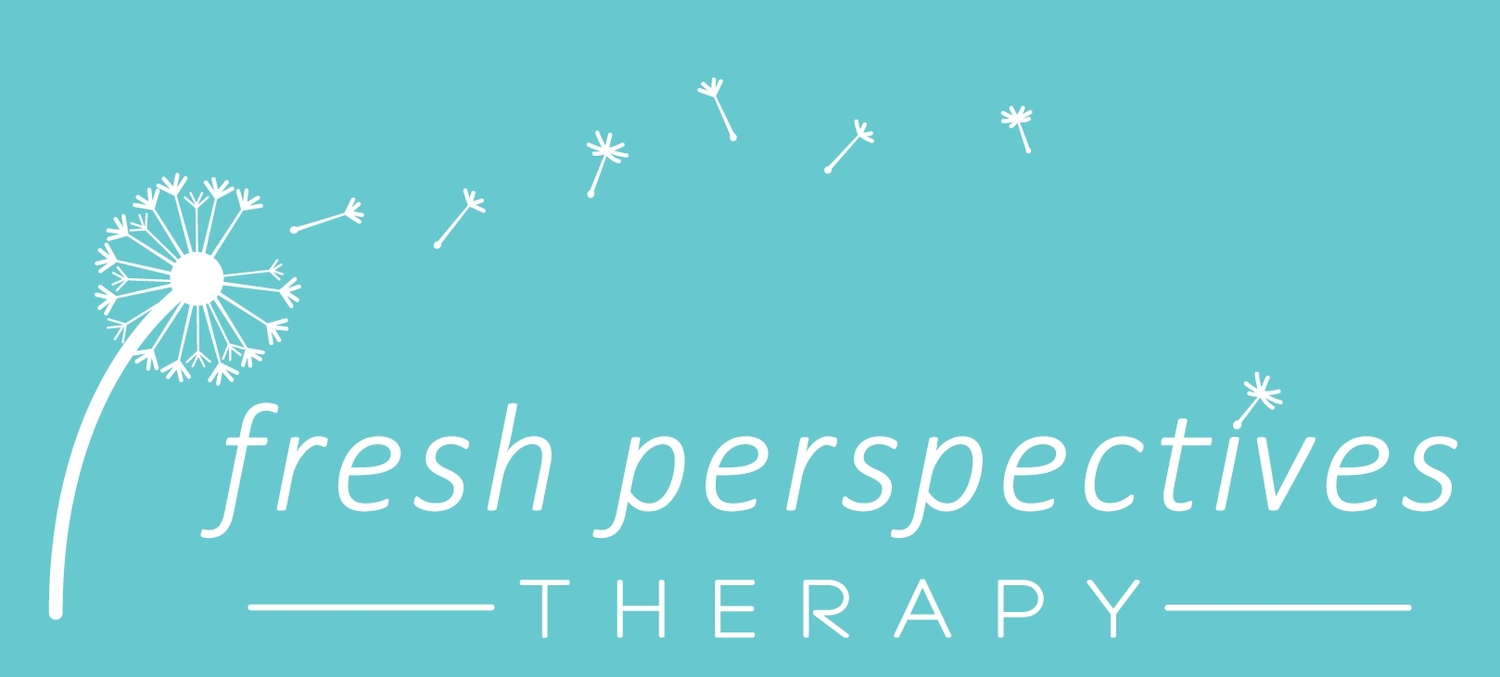We often hear about the negative consequences of being too aggressive in school, at work, in the news, and on social media. However, the potential negative impact of being too passive is seldom discussed.
What is assertiveness, anyway? Assertiveness is a communication style that allows you to express your needs, thoughts, and feelings while maintaining respect for the rights of others. This differs from aggression in that aggressive behavior violates the rights of others. Passive behavior happens when you put others needs, opinions, or feelings before your own. At times, you may not consider or attend to your own needs at all, which violates your own rights.
Passive behavior is not always bad - there are several situations in life in which it can be beneficial. For instance, dealing with an irate boss may not be the best time to be assertive about your needs. In this instance, you are not dealing with a person who is prepared to be rational. It is important to assess situations to see if it is appropriate and beneficial to be assertive.
Despite instances in which passivity is appropriate, continuous passivity can have a negative impact on you emotionally. It can contribute to a number of problems, including: stress, anxiety, unhealthy relationships, low self-esteem, and even depression. By always putting the needs and desires of others before your own, you are sending a message to yourself and others that you are less important. This can morph into many other inaccurate messages to yourself and can get in the way of your success.
So what can you do to be more assertive?
1. Be mindful. In your day-to-day life, try to pay attention to times when you could be more assertive. Take note of the thoughts that go through your head when you engage in passive behaviors. Why did you choose not to assert your needs? Was there a good reason? Is this an area in which you could use more assertiveness skills?
2. Show respect for yourself and others. Often times growing up we are told to be polite, give up your seat, open doors, let others ahead of you. But these good intentions are generalized to other areas in our life – when we think we’re being polite, we’re really being passive. Being assertive actually shows you not only have respect for yourself but that you respect the other person’s ability to handle disappointment, take responsibility, or deal with problems.
3. Think assertive thoughts. Our thoughts influence our behaviors, so changes in behavior begin in the privacy of our minds. When you are being mindful about when you can be more assertive, take a moment to think about how you could be more assertive next time. What could you say to ensure the other person knows what your needs are? Visualize it in your mind.
4. Communication is more than the sum of your words. Assertiveness is often about body language and other nonverbal communications. Refrain from gazing down, slumping shoulders, saying “umm” or “err”, or beating around the bush. Look up, stand tall, and try to be as concise as possible. Practice doing this in the mirror. If you can’t be assertive in front of yourself, it will be much more challenging to do these things with other people.
5. Use “I” statements. You can make an assertive comment more easily and avoid crossing over to aggression by inserting the word “I”. “I have a project to finish, so I cannot help you with your work.” This places respect on your needs while respecting the other person’s ability to complete their own work.
6. Choose your battles. Practice being assertive in small ways throughout your life to build confidence with this new skill but remember that assertiveness is not always the appropriate choice. Also note that being assertive does not guarantee that you will get what you want. It only guarantees that your wants and needs are being communicated to others and that they are important.
7. Get support. If left unaddressed, constant passivity can lead to problems that make daily life increasingly more difficult. Seeking help from a therapist can allow you to explore some of the deeper roots of passive tendencies in addition to building your self-confidence while you work on your new skills.

